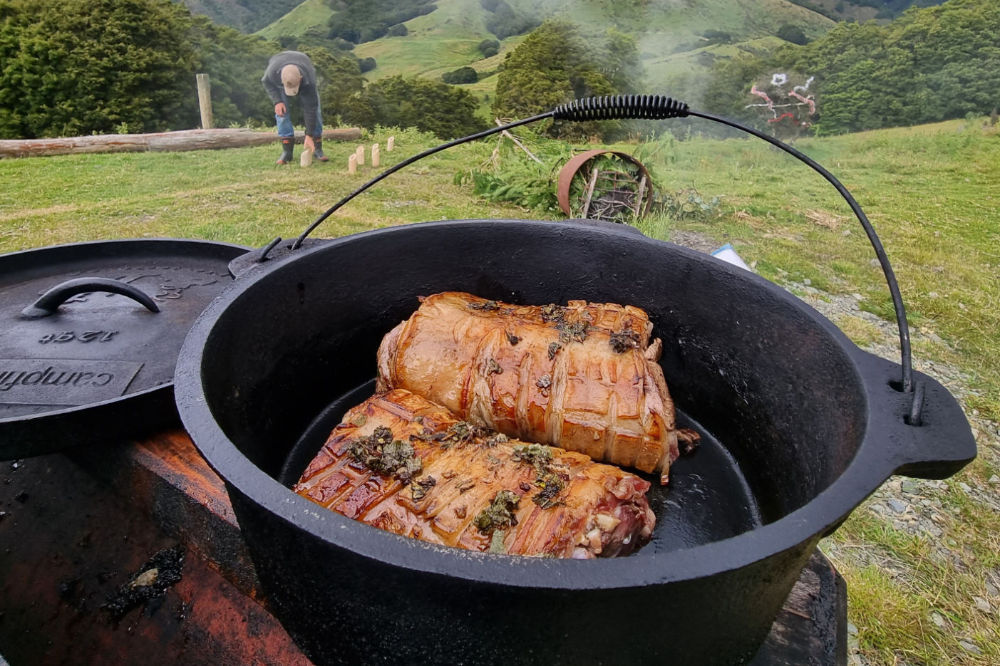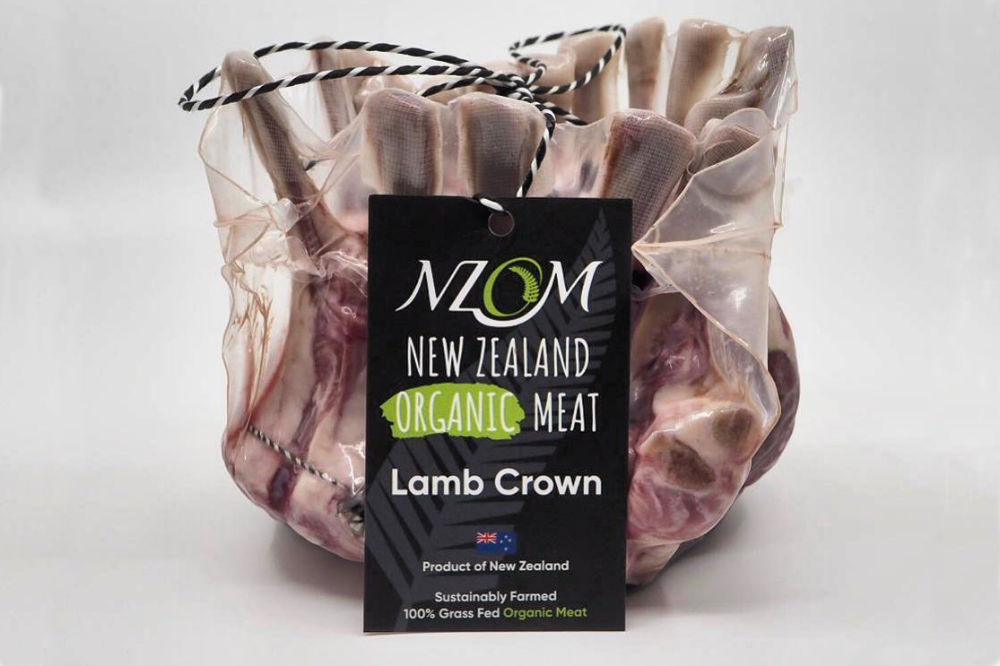Future of Organics
"Organic" represents the principles that many farmers and consumers hold dear. It is food with a mission—food that represents care of the earth, compassion for animals, social justice, and support for local communities and farmers. More and more people want to know what they're consuming to protect not only themselves but their children from hazardous chemicals and to contribute to the welfare of animals and plants by choosing organics.
Sustainability
Organic advocates have had plenty of positive news in recent years. Numerous studies have shown the significant environmental benefits of organic agriculture. It has the ability to increase biodiversity, safeguard animal habitats, and reduce dangerous chemical emissions into our water, air, and soil. Some studies show that the process of building soil in organic farming stores a lot more carbon dioxide, which helps to slow down global warming.
Certification
The Ministry of Primary Industries (MPI) defines "organic" as "without using or avoiding synthetic fertilisers, pesticides, antibiotics, growth manipulation, or irradiation." Every year, every farm, producer, or manufacturer related to New Zealand Organic Meats that meets the BioGro and Asure Quality organic criteria is assessed and audited. The organic certification stamp on our products assures customers that the product they are purchasing was made using organic principles.






